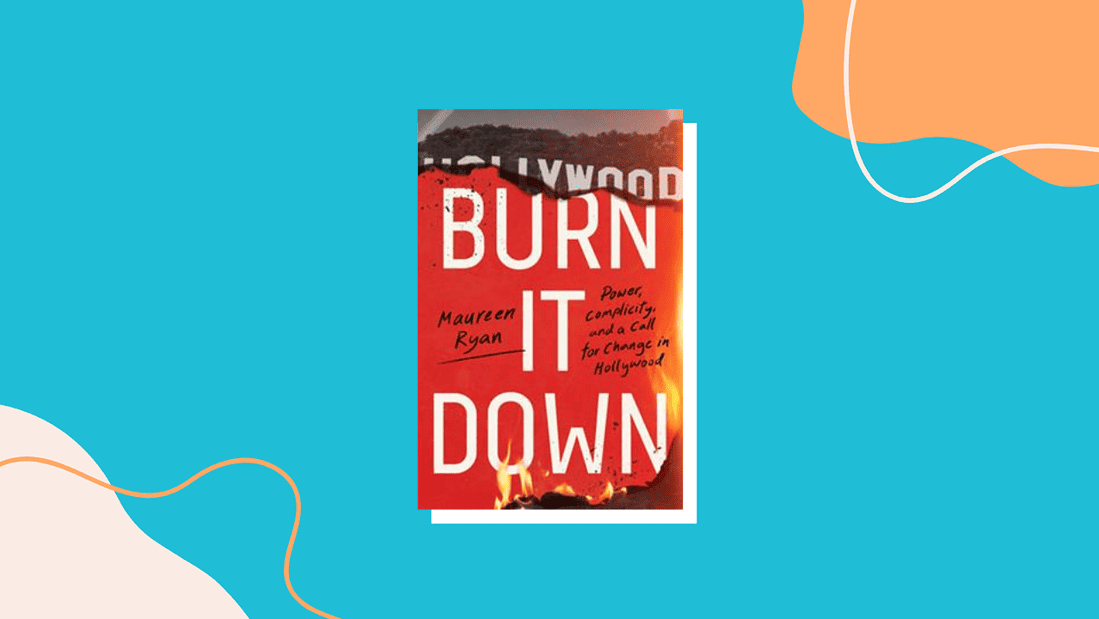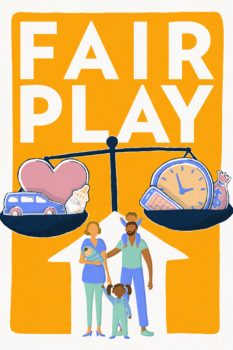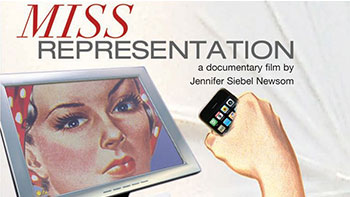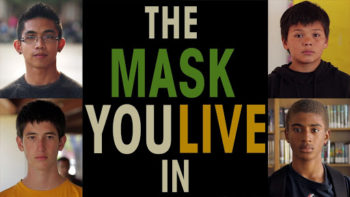As Miss Representation confronted the under-representation of women in positions of power, we located a major culprit of this phenomenon: Hollywood. Though the industry has made some improvements in the past 12 years, there is still so much work to do. Burn It Down: Power, Complicity, and a Call for Change in Hollywood by Maureen Ryan shines a searing and necessary light on the many ills of the industry that still persist today.
Author Maureen Ryan is a prominent film and television critic who is currently a contributing editor at Vanity Fair. Ryan is incredibly knowledgeable in a variety of topics related to the entertainment industry. She presents a startling account of the rampant prejudice and abuse in the industry through the myths Hollywood has created and accepted about itself. Burn It Down explores how beliefs like the myth of necessary monsters enables terrible behavior, both past and present.
The book is anchored in real-world examples and candid testimony from industry workers. Television shows Lost, Sleepy Hollow, and Saturday Night Live all receive dedicated chapters exploring the racism, sexism, misogynoir, and abuse witnessed by many on set. Actors Harold Perrineau, Orlando Jones, and Evan Rachel Wood are among those who bravely share how their experiences relate to these themes.
What is clear throughout the book is the toxic work environments and abusive behaviors that plague Hollywood are incredibly normalized. People who are the most historically-excluded and have the least institutional power are incredibly vulnerable in these settings. For instance, if being a “difficult woman” can tank a career, and “difficult” can mean not laughing hard enough at sexist jokes, having obligations outside of the workplace, or being a survivor–what do you do? In fact, Ryan features multiple women who permanently left the industry after their experiences of sexism, verbal abuse, and/or sexual assault.
A powerful aspect of Burn It Down is that Maureen Ryan does not stop at just articulating the problems of Hollywood. Part two of the book is dedicated to tangible ways to address these inequities. The final chapters explore what centering survivors and fixing the industry would actually look like. Companies, creative leaders, and workers all have multiple avenues to pursue change. The good news is that it some modern workplaces are getting it right, such as The CW’s Nancy Drew, as Ryan highlights.
Grassroots campaigns and organizations have also been significant in creating change. Jessica Barth, our recent interview guest, started Voices In Action as a resource to support survivors in the industry. Pay Up Hollywood, a group that advocates for better compensation and treatment of entry-level workers, began as a hashtag campaign. Our own #NotBuyingIt Campaign and Research Report also shows the profound impact of this kind of advocacy work.
As consumers, we have the power to reject media produced in toxic environments or by abusive creators. With social media, we have an incredible avenue to let decision makers know where we stand. Abuse and prejudice may be “normal” in Hollywood right now, but it doesn’t have to be. Burn It Down envisions a better future for the industry.
Take Action! Use #NotBuyingIt to call out sexist and otherwise harmful media and industry practices. Be in solidarity with workers advocating for workplaces free of abuse and bigotry. Burn It Down is out now.




